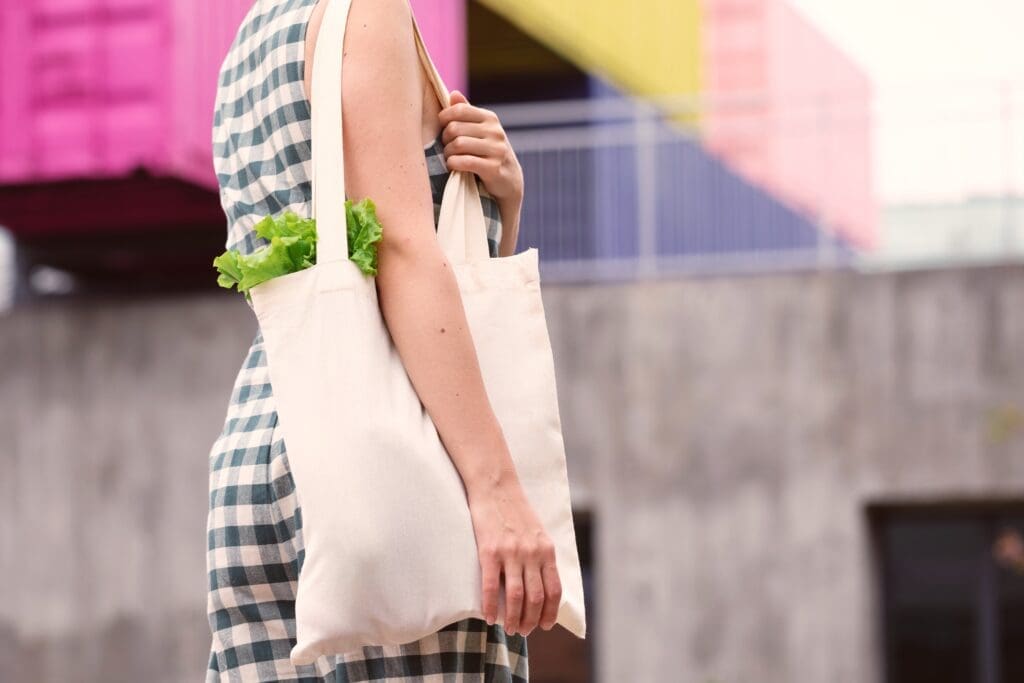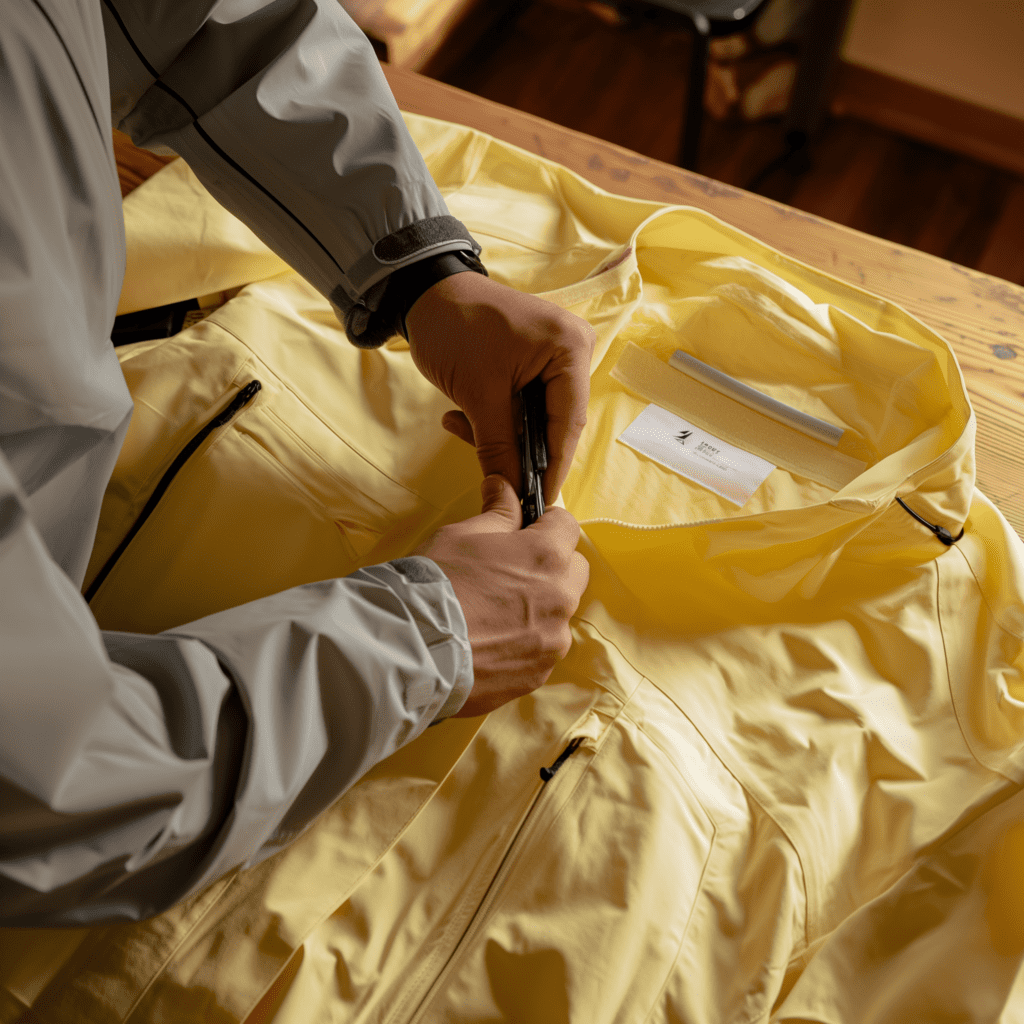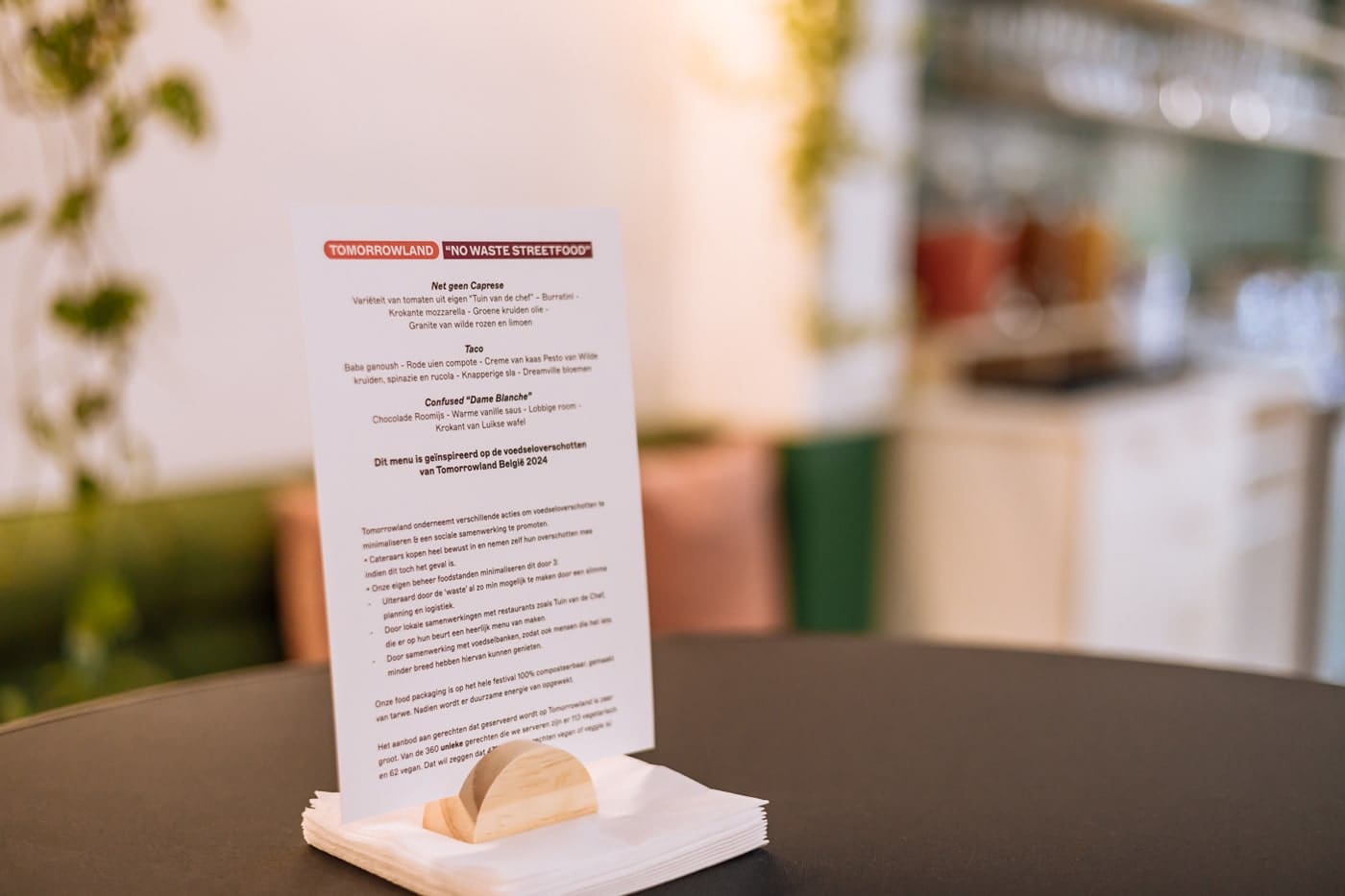Humanity generates between 2.1 billion and 2.3 billion tonnes of solid waste every year. There is no denying that there’s an upwards trend of overconsumption in society, which is putting unprecedented pressure on the planet. As landfills are approaching capacity and solutions like waste incineration are polluting the air, something needs to be done. Enter: the zero waste approach.
What exactly does zero waste mean? Essentially, it’s a way to change the way humanity approaches consumption. It champions responsible production and encourages a shift towards a circular system. Whilst companies and governments must move towards this shift for the health of the planet, this is a long process. However, each individual can make a real difference by adopting a few easy changes too – contrary to how it might seem, the zero waste approach isn’t all or nothing. The small changes may not seem like much, but collectively and over the course of time, every action adds up significantly.
There are swaps you can make right away which could significantly reduce your waste output. Here are five easy ways to take steps towards a zero waste lifestyle.
Support local businesses
Not only will shopping local support independent businesses in your community. It’s also a win for the planet: food travels shorter distances, meaning fewer transportation emissions and less packaging. Larger corporations usually prioritise production and profit over sustainable practices, however independent businesses often employ more sustainable methods of cultivation.


Plan your meals
It’s estimated that roughly a third of the world’s food ends up wasted – that’s 1.3 billion tonnes a year. Opting for zero waste methods in the kitchen is the perfect way to get started on your journey and planning meals can revolutionise the way you cook and eat. Knowing your meals for the week and writing a shopping list accordingly ensures no impulsive purchases, plus you know exactly how each ingredient will be used. No more sad-looking lettuce at the back of the fridge. Another way to bring a zero waste approach into the kitchen is to use food scraps in creative ways. For example: the leaves of cauliflowers are delicious roasted, coffee grounds are great for the garden, and food waste can even be used as compost. There’s a wealth of possibilities.
Reusable bags
It’s time to say goodbye to plastic bags. They’re terrible for the planet – up to one trillion are used worldwide each year, and each one can take 20 years to decompose. That’s a whole lot of landfill. Instead, make a small investment and get yourself some sturdy, durable, and stylish tote bags. They’re less likely to break and good quality ones can last years, ensuring your shopping trips are plastic free.


Repurpose clothes
An estimated 92 million tonnes of textile waste ends up in landfill every year. The rise of fast fashion has created a throwaway culture of rapidly changing trends, resulting in a whole lot of waste. Get conscious and creative with your clothing by trying to upcycle the pieces you don’t reach for anymore. A few simple sewing skills are all you need to give items a new life: think tote bags, headbands, aprons, baby clothes and so much more. The possibilities are endless.
Upcycle furniture
There’s no denying that vintage furniture has endless potential. Each piece tells a story, yet so much ends up being thrown away due to changing trends. Luckily, this means you can grab a bargain and put a new spin on the item. Upcycling is incredibly rewarding, and you end up with a unique, stylish piece of furniture that you’ve made exactly how you like.




